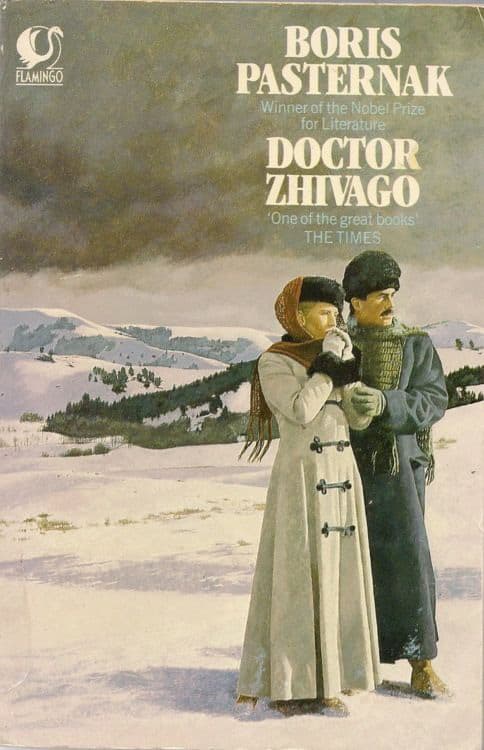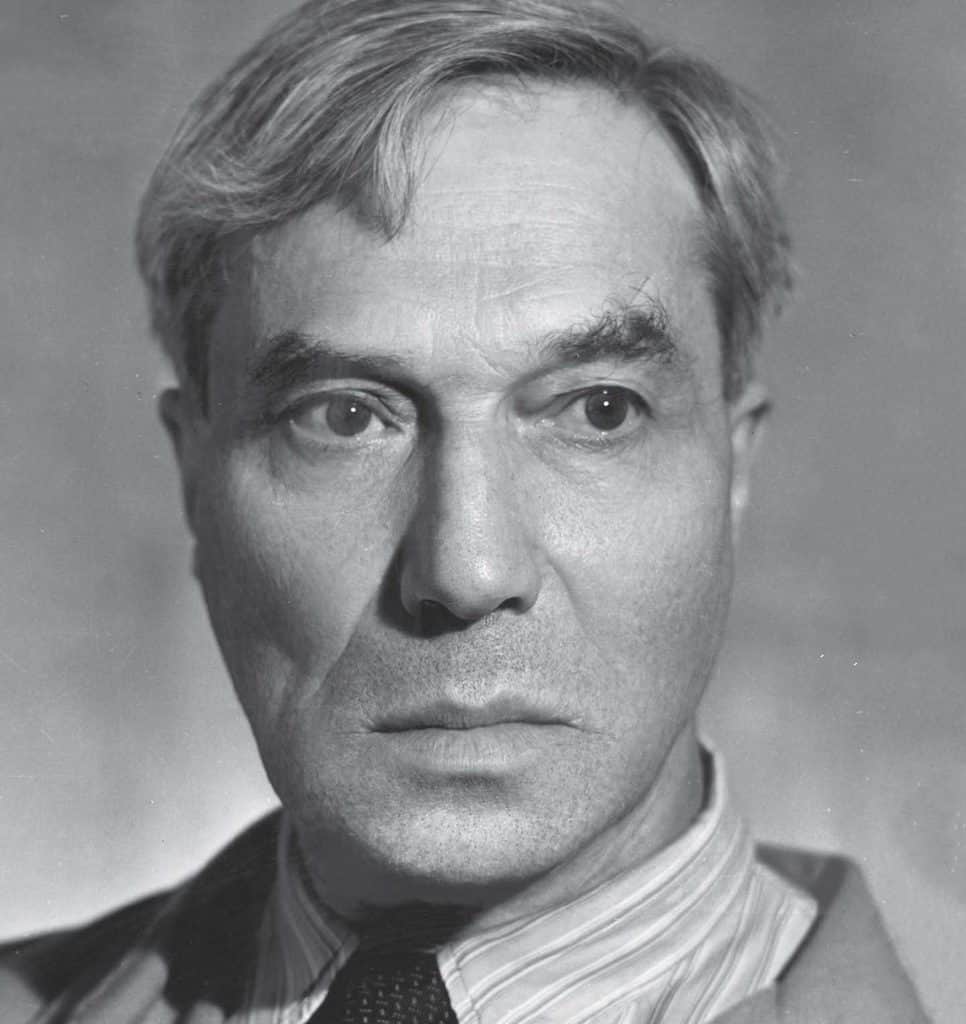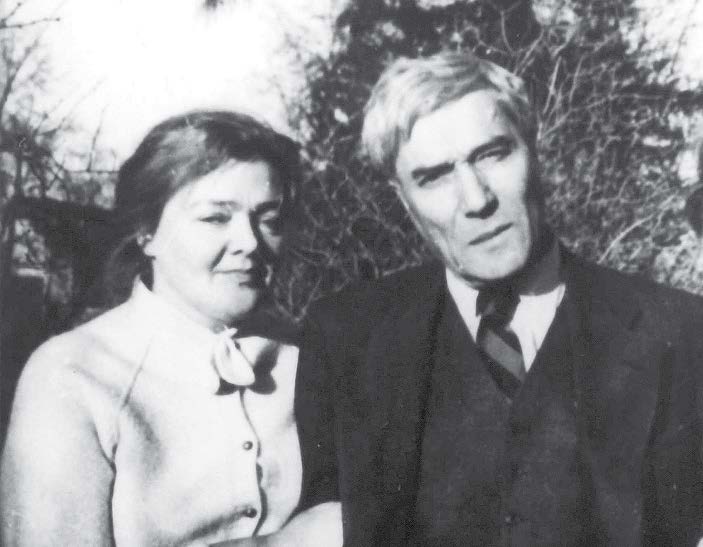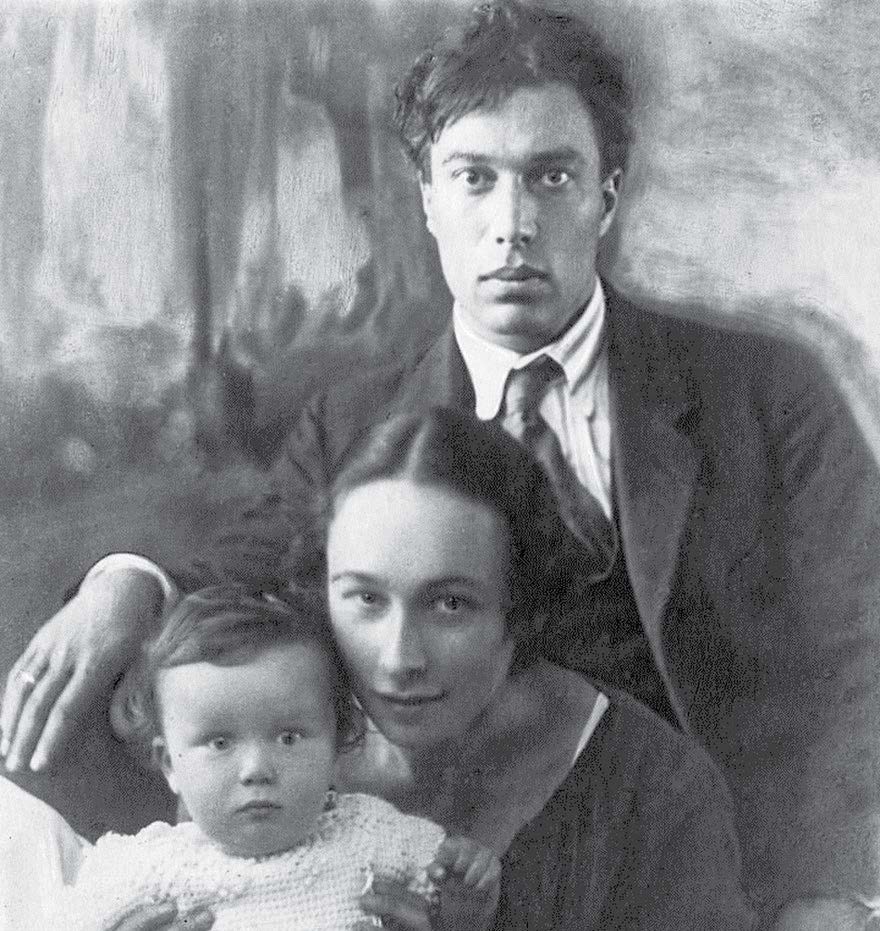
The poems and letters of Boris Pasternak were read by Soviet prisoners like prayers — so precious were his writings. Why? Because those words came from a poet: an endangered species, unprotected by any labor union, yet so indispensable in the world ecosystem.
Boris Pasternak (1890–1960) was known around the world as the author of Doctor Zhivago, the famous novel made into a film. This book created a stir because it contradicted the mainstream ideology of its time. Finished in 1957, Doctor Zhivago was published for the first time by the Feltrinelli Publishing Company in Italy.
It was banned, however, in the USSR[1] by Nikita Khrushchev, then Premier of the Soviet Union. This brought the author many problems, leading to his isolation and poverty.

He was not allowed to accept the Nobel Peace Prize that he won in 1958. Only 31 years later did his son retrieve it, when Mikhail Gorbachev finally lifted the ban in Russia.
Joseph Stalin didn’t care for Pasternak either. If Stalin could have had his way, he would have dealt heavily with Pasternak, but the writer was famous and had ties to England. Stalin defended his half-hearted stance by telling his comrades, “Just forget about this dreamer.”
Pasternak was, indeed, a dreamer. But Stalin didn’t realize that dreamers are precisely the ones who can introduce grains of sand that clog the wheels of a totalitarian system to eventually bring it to a halt.
Dreamers bring about innovation, whereas ideology presumes to replace the immense complexity of reality with a preconfigured structure. Like many other poets, Pasternak knew that the mathematical formula of innovation is always the same: Innovation = Tradition + Freedom. He knew that originality moves along the trajectory of truth. Thus, it clashes with ideology.
During his time, Pasternak was read and loved clandestinely because he was the exact opposite of the downgrading of truth by ideology. His writings were like the miraculous outburst of spring in a world that was increasingly gray and metallic.

The role of the poet is to announce spring, which is resurrection. Pasternak interpreted this to the best of his abilities. He used to cry with joy “for the awareness of the harmony that God has infused into the life of each person, creating each one, in some way, as a temple of God.”
His Christianity, which permeates Zhivago, recognized Jesus not so much as the author of moral teachings, but rather one who has revealed the secret of life, gifting the world with immortality. As a poet, he would whisper: “Lord, I thank You because your language is magnificence and music; because you have made me an artist; because creativity is Your school.”
The title of the novel itself is a life plan: Zhivago, which in the Slavic languages means, “living.” It doesn’t indicate a perfect person, but a living human being, full of contradictions.
In addition to everything, this was Boris Pasternak.

Since 2016, bookstores are selling Zhivago’s Secret Journey by Paolo Mancosu. It honors an extraordinary figure, Olga Ivinskaya, the woman who loved Pasternak and had always remained close to him. For this she was arrested, tortured by the Soviet police, lost her baby with Boris, and was then released, only to be imprisoned again.
She was Pasternak’s lover (although he never left his second wife), secretary, helper, inspirational muse, administrator of writer’s royalties — his everything. It is thanks to her that Zhivago was published.
Olga, who was 22 years his junior, died in 1995, alone and forgotten. Pasternak, too, died in solitude in 1960 due to a heart attack, similar to his character Doctor Zhivago. Although he didn’t actually die on a hospital bed, what he wrote in a poem remains as his stupendous farewell to the world:
“Dying in this hospital cot,
I feel the warmth of Thy hands.
Thou holdest me like a hand-made artifact,
and hide me away like a ring in a jewel case.”
Michele Genisio
(from Città Nuova, Italy, translated by Living City, USA)
[1] Union of Soviet Socialist Republics, a.k.a. Soviet Union: former federal socialist state consisting of 15 republics (1922–1991) which included much of Eastern Europe, parts of Northern Europe and Western Asia, and all of Central and North Asia.




